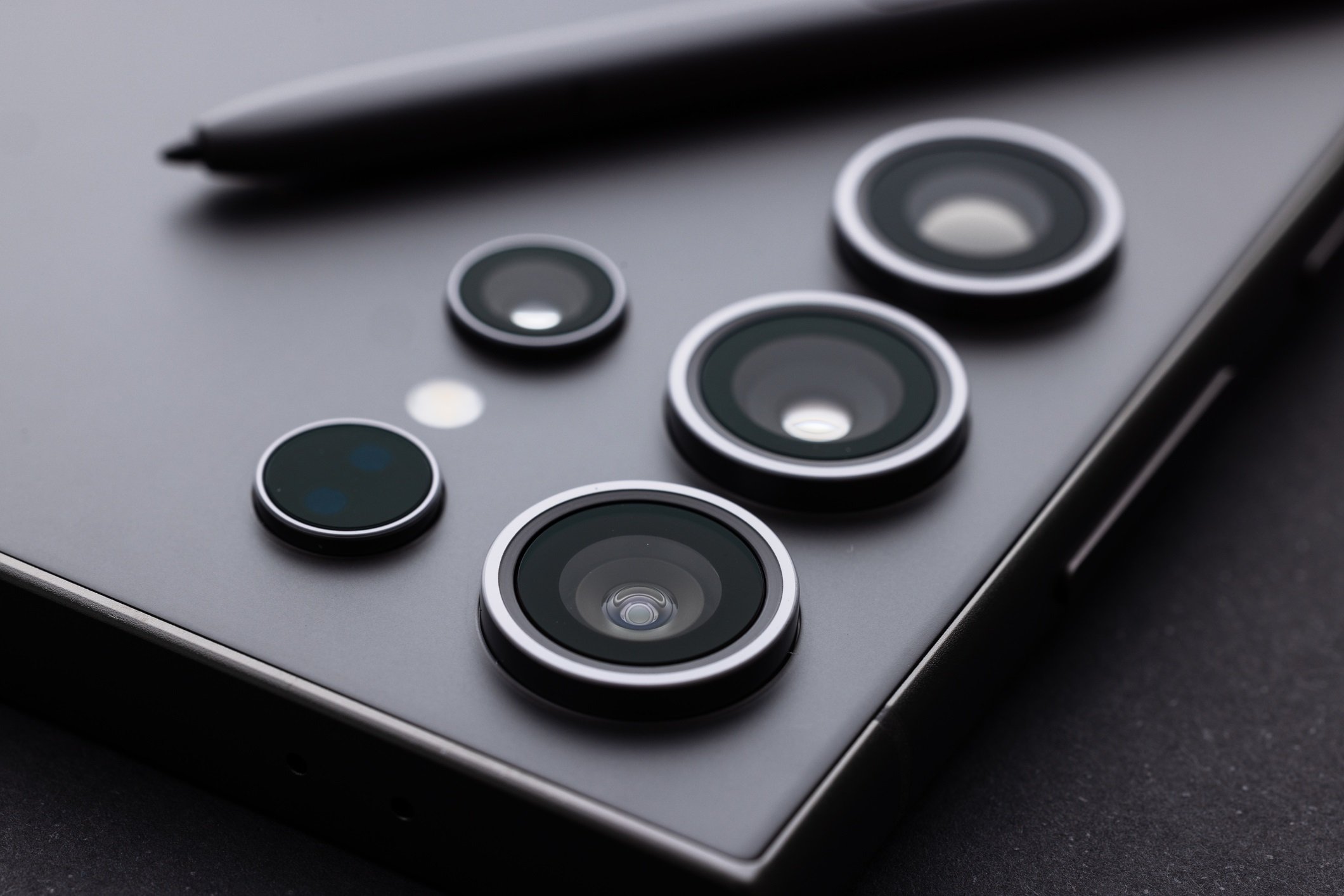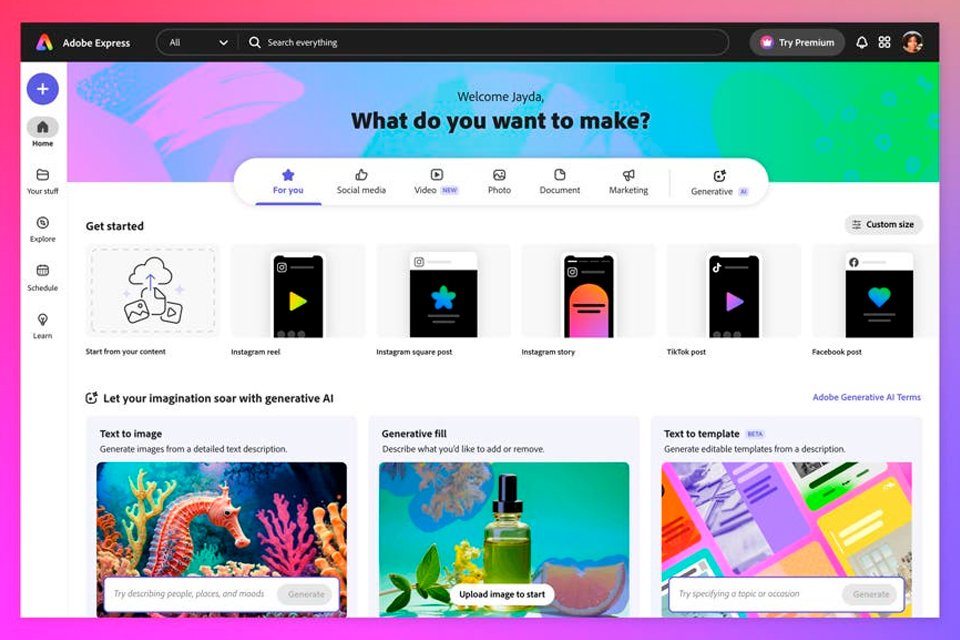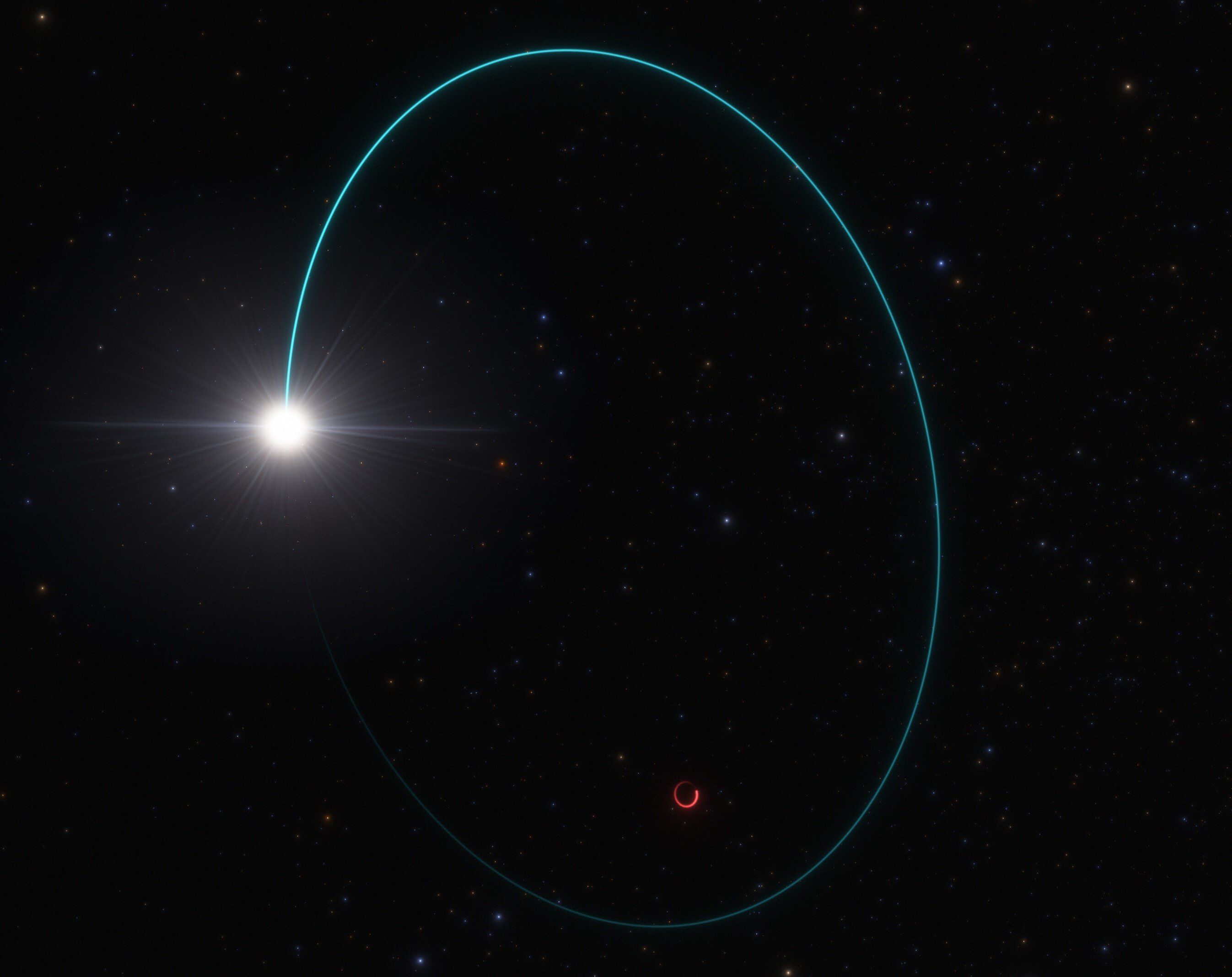dolphins They are extremely intelligent animals. They carefully inspect their environment, so they know very well the best places for masturbation or objects that they can use as tools. They also know exactly where to go to get high. In fact, they were seen walking as a group sharing pufferfish to which they gave fair and necessary bites to get high without going overboard. Now, in addition, we know that they are also capable of self-medicate rubs against corals with interesting pharmacological properties.
This discovery began when a biologist and diver Angela Ziltenerfrom the University of Zurich observed a group Indo-Pacific bottlenose dolphins conscientiously rubbing against coral reefs north of Red seaoff the coast of Egypt. He was struck by the fact that they seemed to know what kind of corals they needed. Not everyone was worth it.
So she and her team, along with a few other divers, decided to approach them on better watch their habits. It was an incremental process as they needed to gain their trust in order for the dolphins to behave normally when they were around. They finally got it and were able to see what kind of coral they were rubbing against. They then took samples and sent them to Gerturd Morlock, an analytical chemist at the Justus Liebig University in Germany. She and her research team were responsible for analyzing these samples, which were found to contain up to 17 compounds with antibacterial, antioxidant, hormonal, and toxic properties. The conclusion of the study, which has just been published in iScience is that dolphins use these substances to fight skin infections that may be causing them. itching and discomfort. Of course, when it comes to self-medication, they much better than humans.
Dolphins that self-medicate
As he approached the dolphins, Ziltener noticed that they were rubbing against the coral until they were released. a kind of slime. It only happened with two types of coral: gorgonian coral (Rumpella aggregate) and coral skin (Sarcophyton sp.). And also with sponge (Irsinia Sp.).
They probably figured out which species are suitable based on trial and errorR. By rubbing each other, they discover which ones relieve the symptoms of skin infections. And they already perceive it as another part of their group activities and even they teach it from generation to generation.
It is logical to assume that extracting mucus from coral is not the same as taking medicine. However, within their means, they have found the best option to treat their skin ailments.
What happens if coral reefs disappear?
Coral reefs they are at the same time rest and recreation areas for dolphins. There they meet to relax, as well as chat with each other. The biologist and diver who led this study noticed that they had used breaks between sleep or as part of their social routine to get close to rub against the corals. For this reason, he is concerned about the process of destruction of reefs.
Climate change affects many of them. In fact, it is estimated increase by 1.5ºC temperatures compared to pre-industrial levels could affect 70% to 90% of the area covered by them. The percentage can be dramatic with increase by 2ºC.
Coral reefs are a place of rest and rest for dolphins.
Pollution caused by humans also affects them on many levels. For example, some ingredients in sunscreen can harm coral reefs. But that is not all. The existing fever to see dolphins up close leads to the organization of many trips to places they frequent. And these places are often associated with coral reefs. If a responsible approach is not taken, such as that of the Ziltener team, not only can the habitat be physically damaged, but the habits of the dolphins can also be disrupted. As a consequence, among other things, they could stop taking their medications, as was observed in this study.
For this reason, this scientist launched an initiative called Dolphin Watching Alliancesent to instruct guides, tourists and the publicso, in case of approaching dolphins, do it carefully.
Watching them interact up close can be a dream come true, but no one who loves these animals wants to ruin their lives in the process. It’s important to be clear about this, because no matter how we think we’re superior, we’re the ones who invade their habitat. If so, let’s at least try not to destroy it.
Source: Hiper Textual












